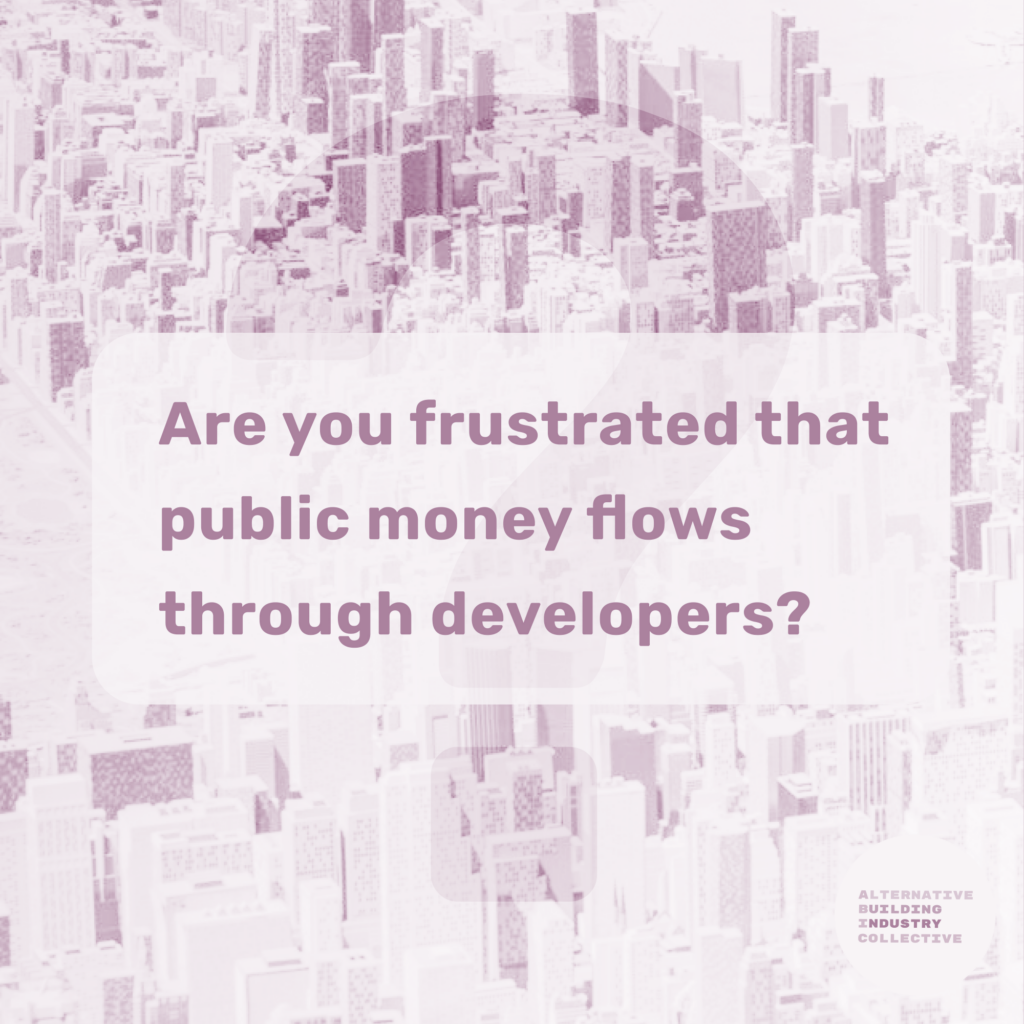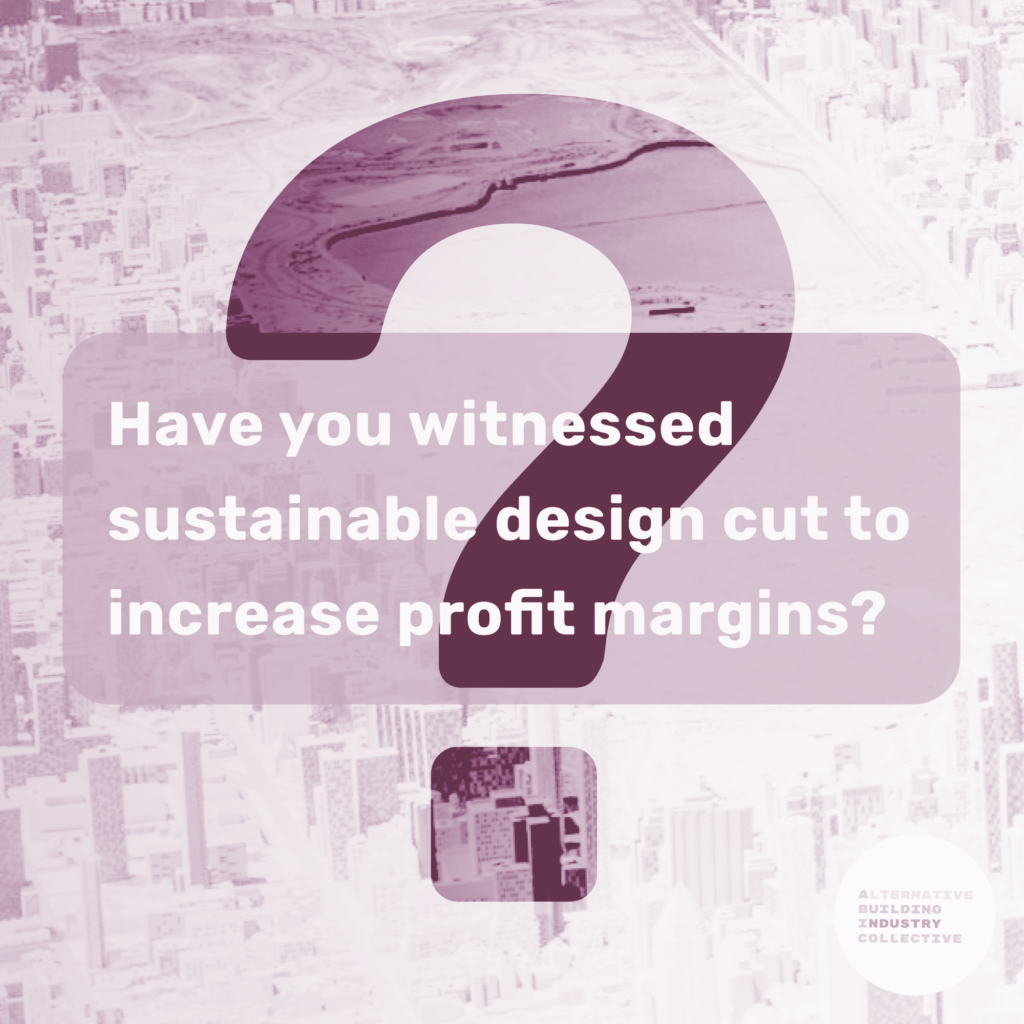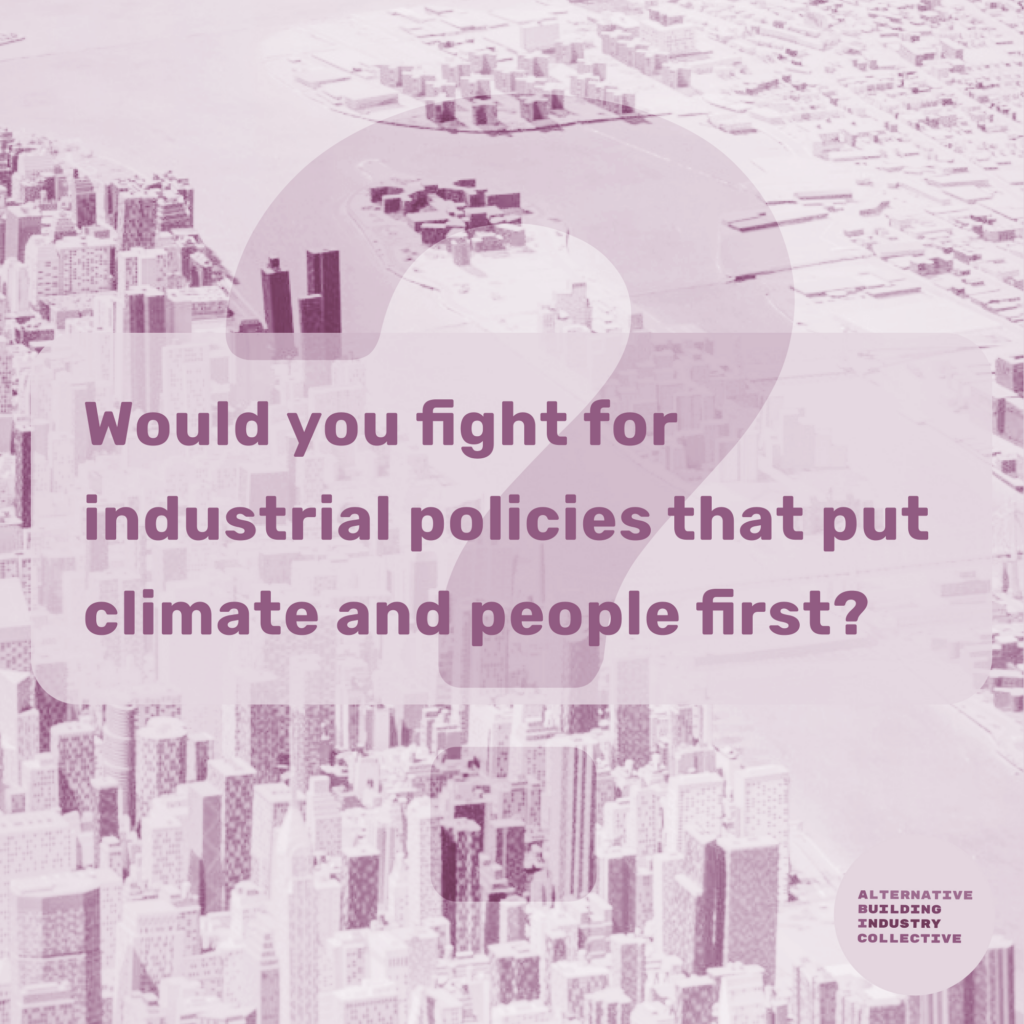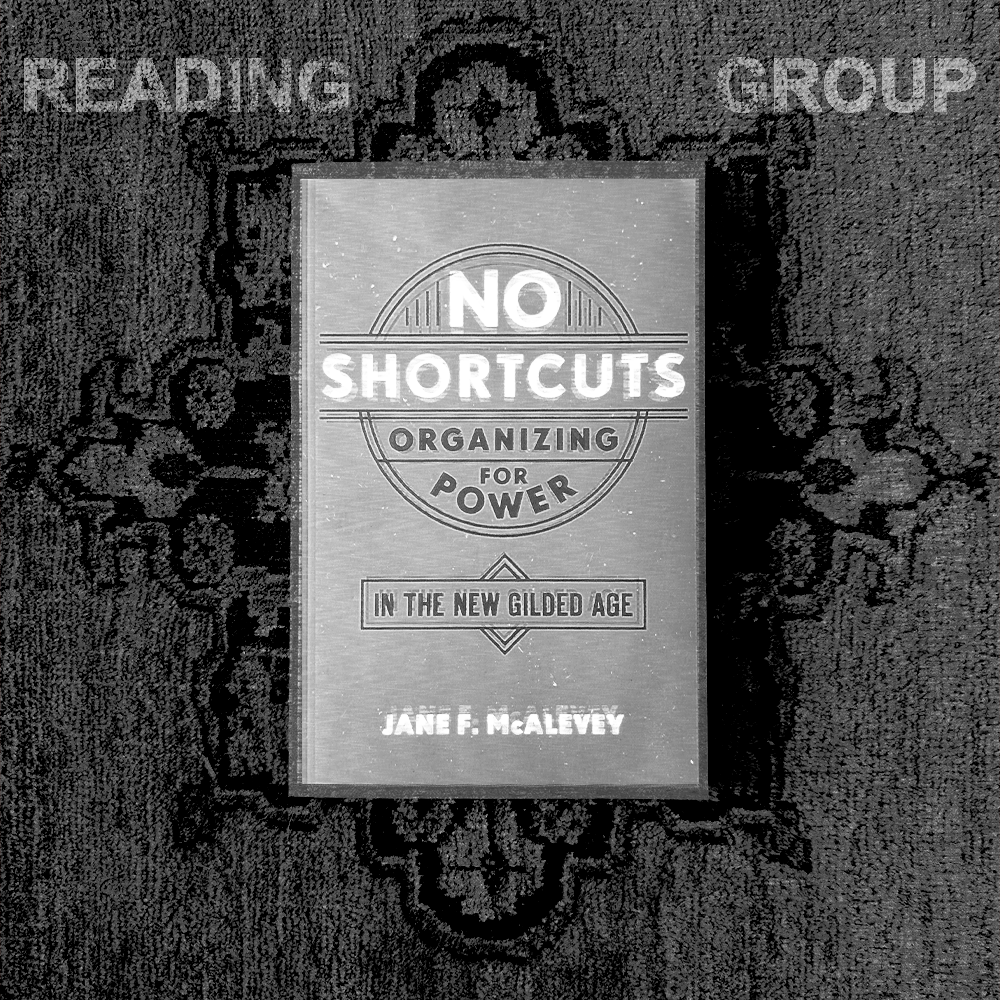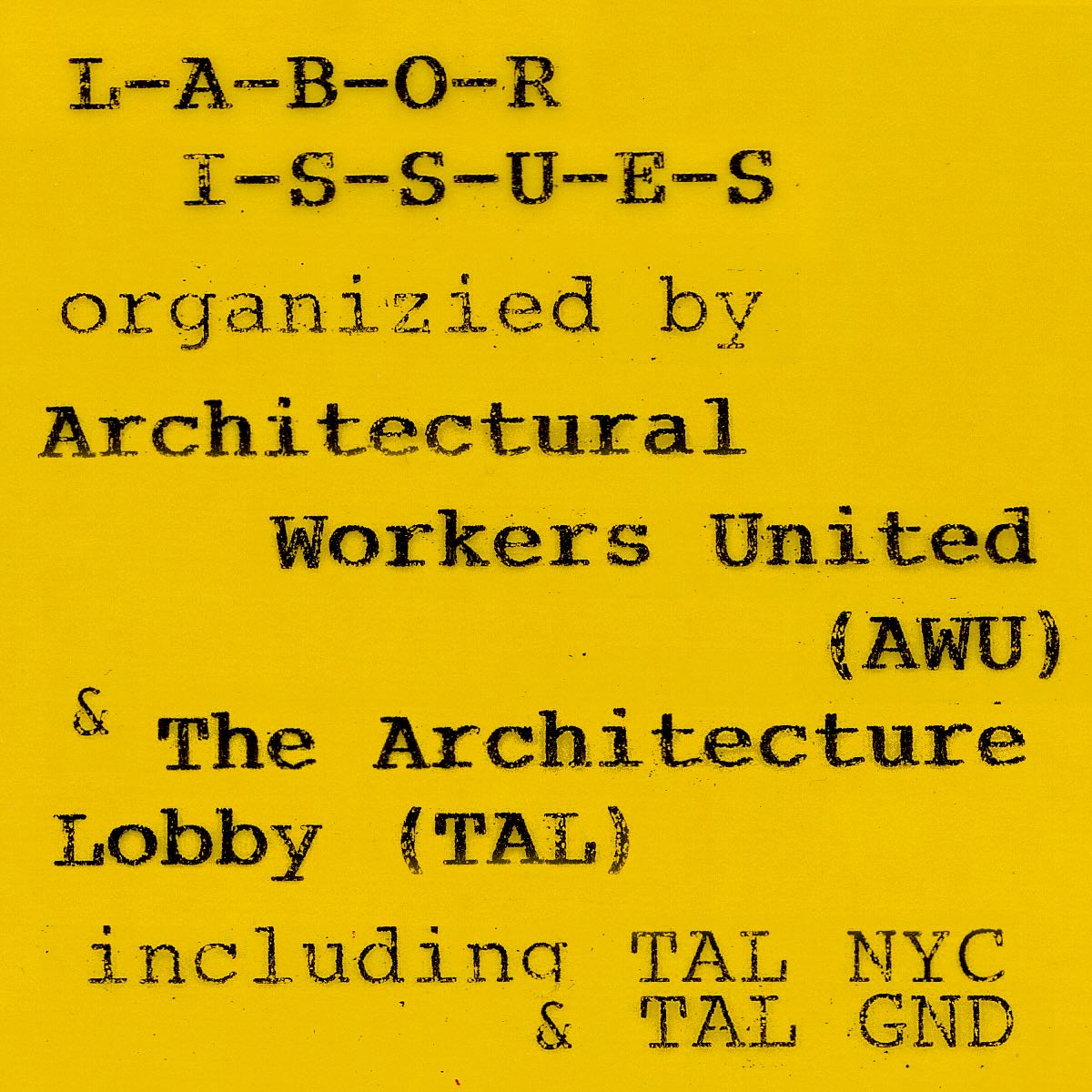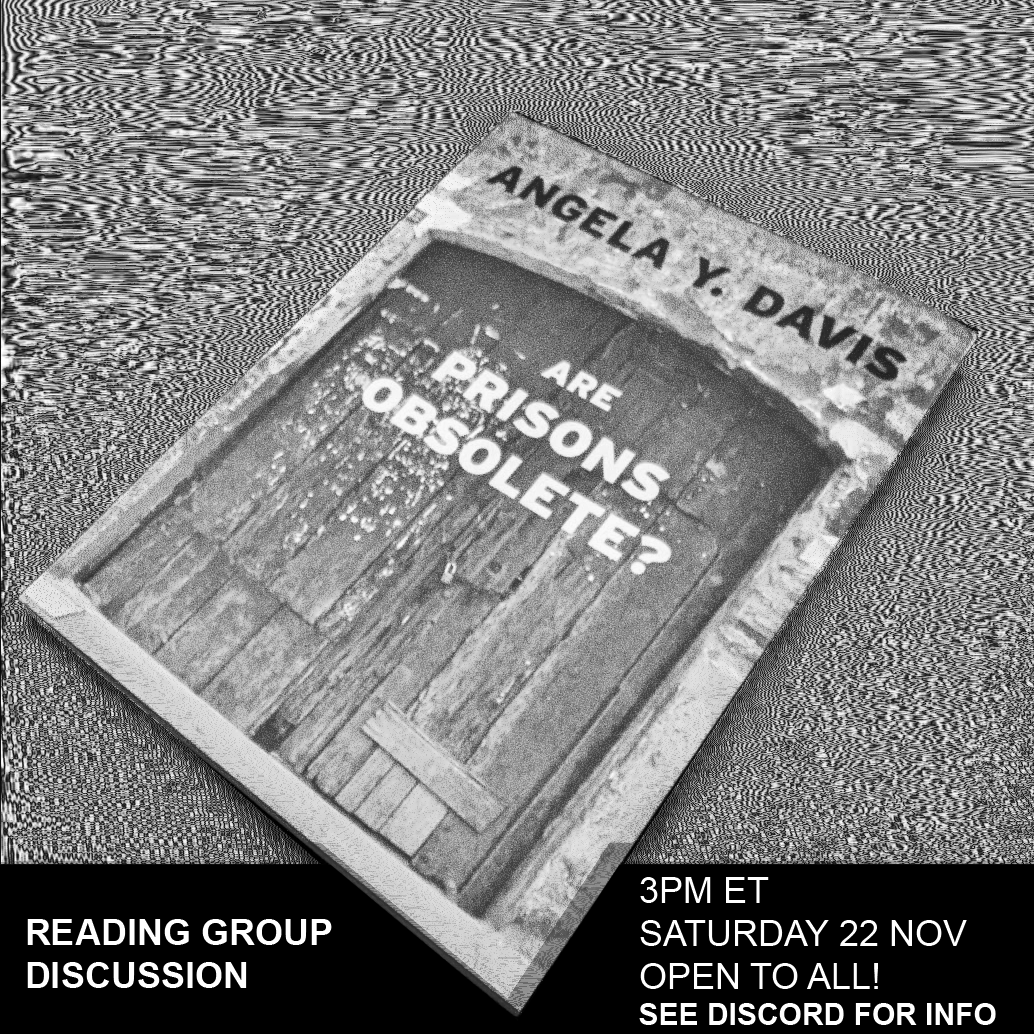In recent decades, the dominant forces within the building industry have proven to be too compromised by economic temptation to pursue the necessary industrial policy to meet the challenge of global warming. Any politically durable green industrial policy for the decades ahead will need to be driven by a different social base than the economic elites hoping to incentivize industry into a greener future. In the example of the carbon-intensive construction industry, the clear shortfalls of self-regulation—such as LEED certification in building design—shows that effective industrial policy must be crafted independent of the CEOs of our industry.
Such a vision will only emerge if practitioners organize around alternative political priorities. The newly energetic labor movement offers some promise to become the social base for the climate action we need. But only if its leaders start piecing together a sustainable vision for the building industry as a whole, at the same time that workers build power within their individual workplaces.
In response, the ABI Collective will discuss the limitations of the building industry’s proposed climate reforms, the kinds of alternative industry groups and political organizations available for climate-conscious practitioners to get involved with and the strategic prospects for unions and labor organizing as a tool for climate action and achieving a just transition for the building industry.
The Alternative Building Industry (ABI) Collective is a new project of practitioners within the NYC building sector organizing for steadfast climate action and deep structural reform of the construction industry. As practitioners within the industry, they see up close how laws and codes combine with economic incentive to shape what gets built and what doesn’t. They believe that there can be no hope for any transformative green industrial policy without green industrial organizations capable of meaningful political action.
The ABI collective works to identify patterns and problems within their workplaces and the building industry at large. They believe the public deserves to understand why the built environment is built the way it is and to have a say in building it better. They envision a new economy that is not only ecologically responsible but also geared for the development of a vastly more equal society.
